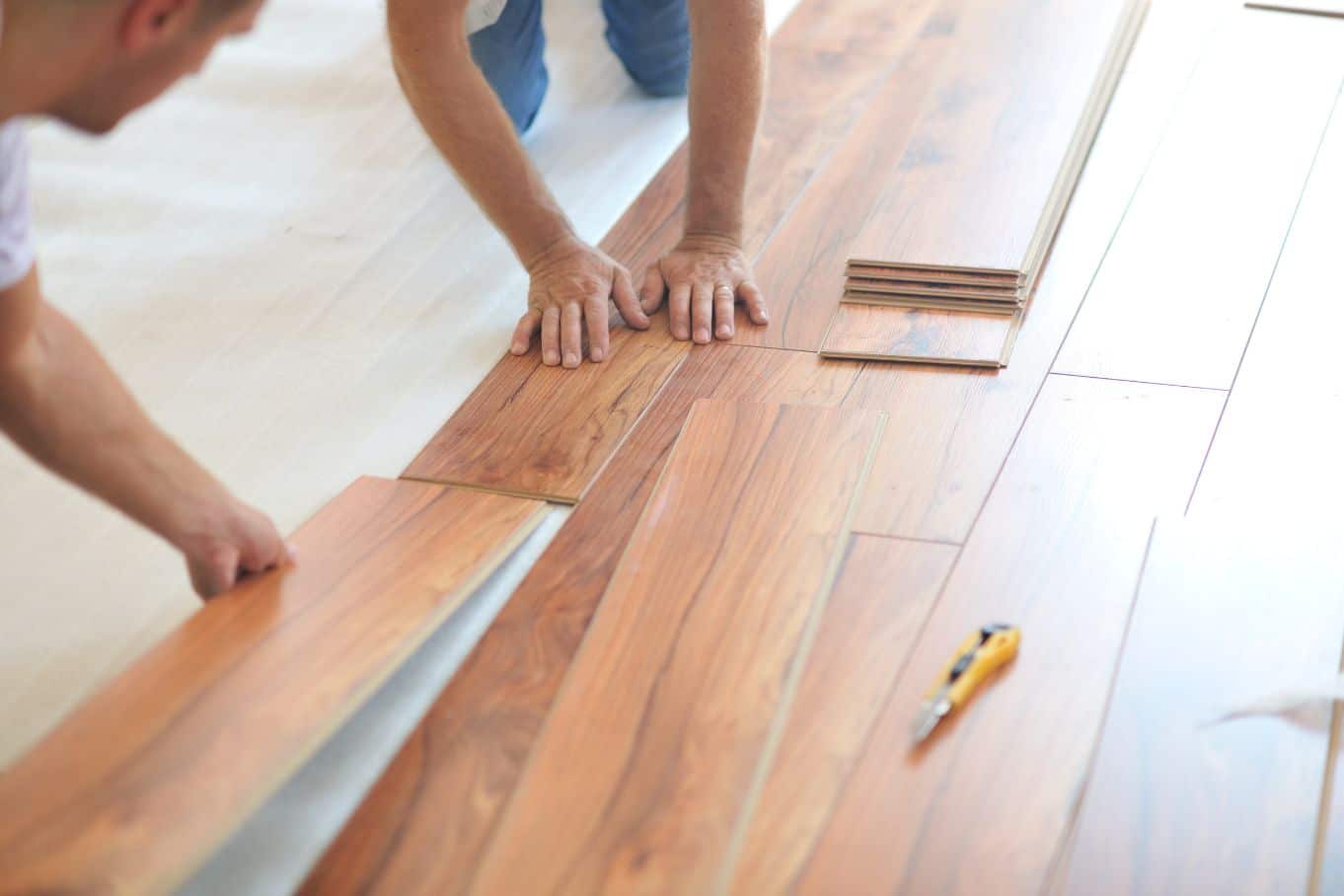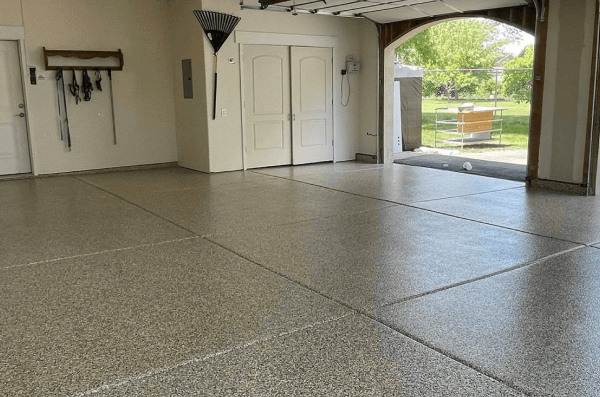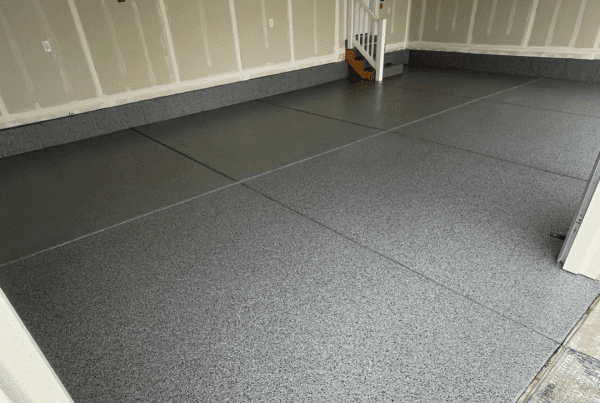Homeowners face many issues maintaining the integrity of their residences. Pests, broken gutters, and degrading landscaping are all common issues to resolve yourself or with professional guidance. There are also some things you may not realize have serious implications for your home’s structure. For example, flooring issues may pose a great risk to your foundation. Here are four signs it’s time to replace your flooring so that you know what to look for.
Cracks
Cracks are obvious signs of general wear and tear on your floors. If you have small children or pets, don’t be surprised if you see minor scratches on your floor’s surface. Even if you live alone, cracks pose significant issues to you because they often indicate foundation damage. Not to mention cracks often house dirt, debris, allergens, and pollutants. They’re common spots for mold to bloom, which poses another health and safety risk.
Sloping
Sloping is another sign of foundation damage. There are many reasons why sloping floors occur. Usually, they’re due to excess moisture in your crawlspace or basement. Ground settlement and soil expansion also cause sloping. Differential settlement occurs because of an uneven shift in ground soil in which part of your house dips while the rest remains level. Ultimately, no matter what issue is causing your uneven flooring, you must call a foundation repair crew and flooring specialist to amend these issues.
Discoloration
It may not seem natural to the untrained eye, but discoloration is a sign it’s time to replace your flooring. Commonly, discoloration occurs due to certain cleaning agents. The chemicals may have a harsh reaction to hardwood finishes or laminate. Still, excess moisture can also cause discoloration, which is a graver issue. You should consider replacing your floors if you suspect excess moisture to reduce the risk of mold or termites.
You Want Something New
Of course, homeowners often just want something new. If you have carpeting around your home, you can always replace it with something else, such as hardwood or laminate. If you want to get creative, other flooring options to consider include engineered wood, vinyl, tile, stone, or bamboo. Not only does changing the flooring help mitigate issues with your past flooring, but it also boosts your home’s resale value. Make sure to list it as part of the recent home additions when you’re ready to sell.




